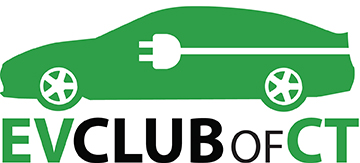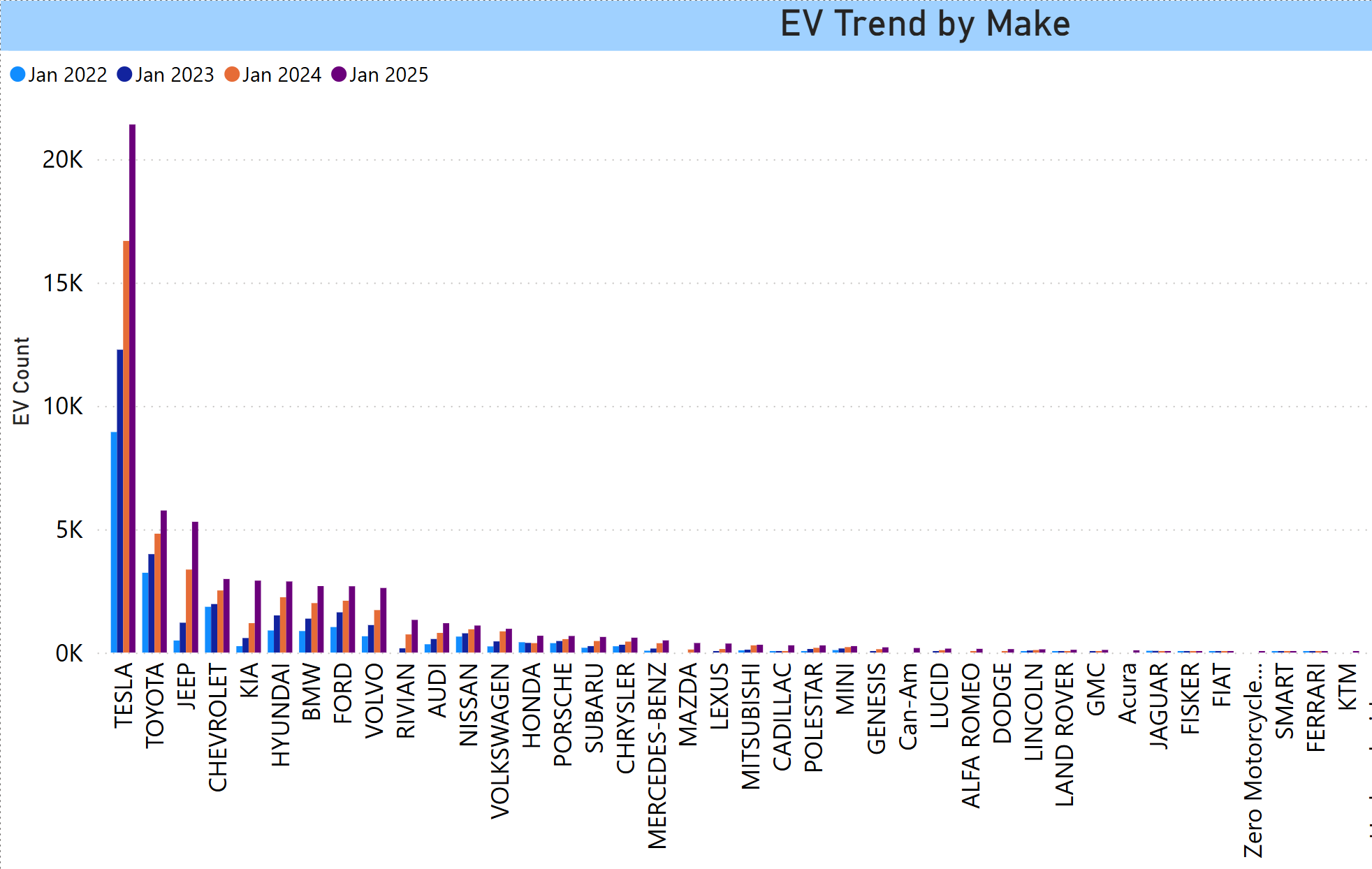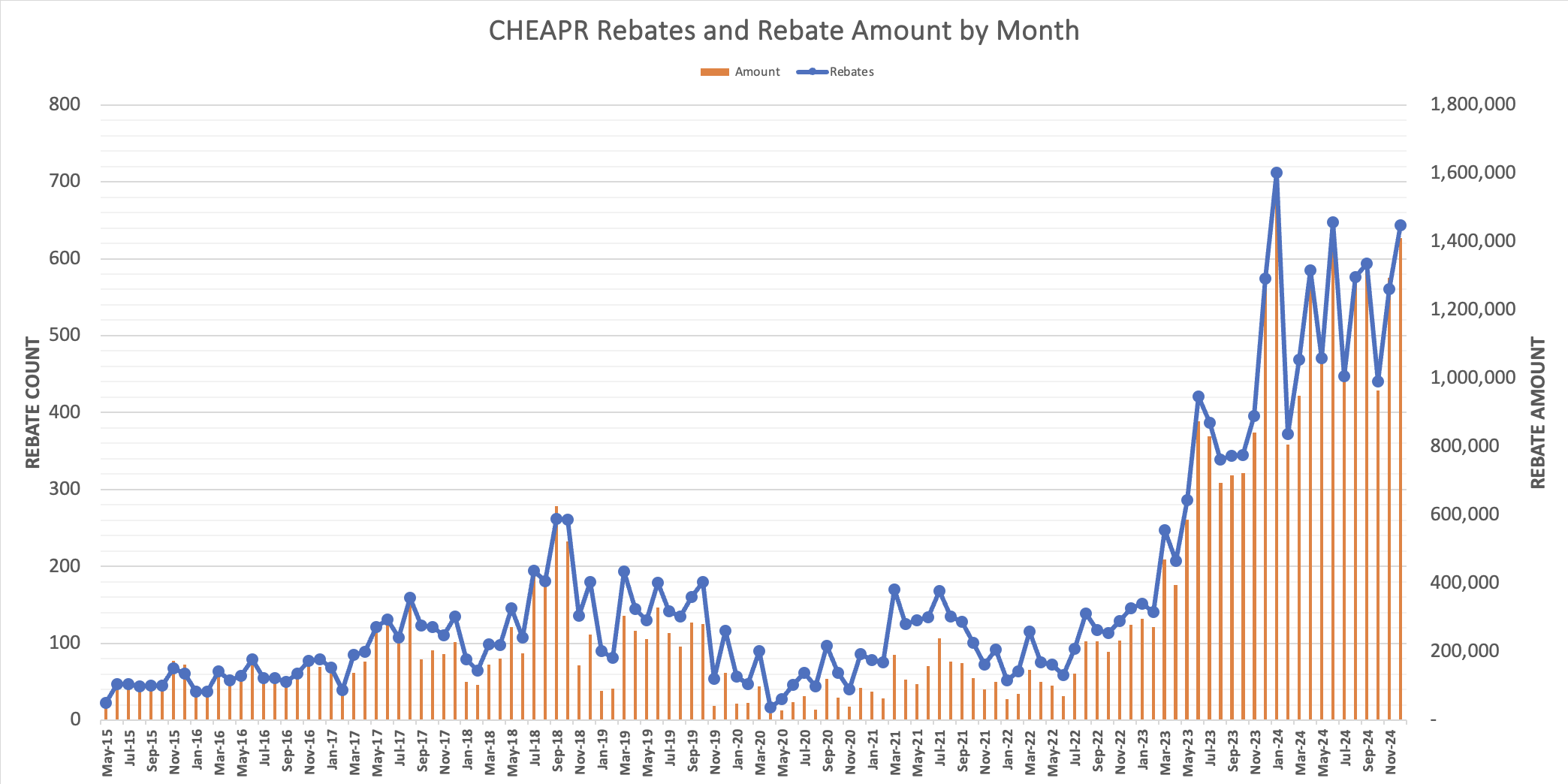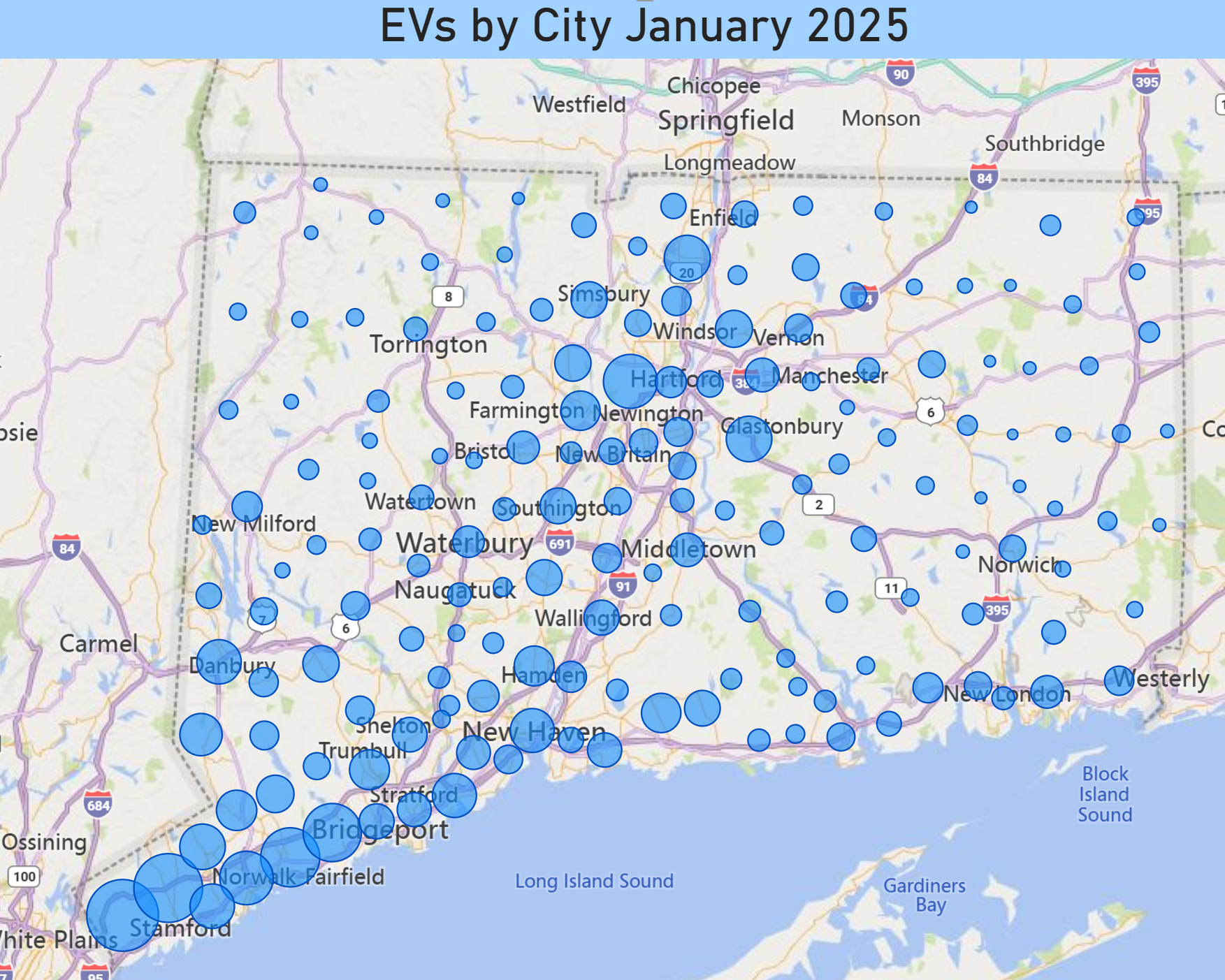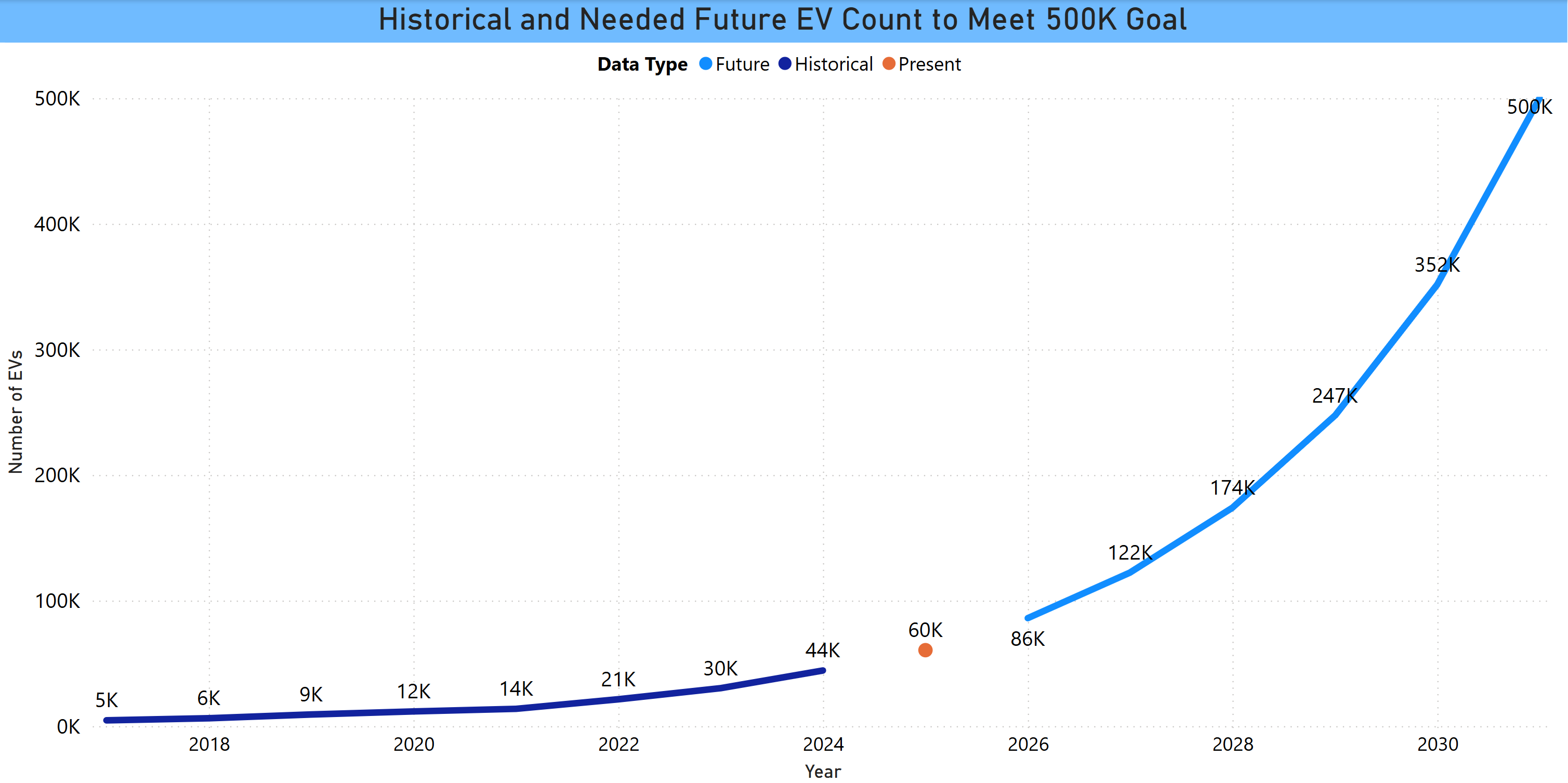Updated Registration Counts By Make And Model – January 2025
Breaking Down the 60,489 Registered EVs The updated registration data are now published. This takes us through the end of last year. We call it as of January 1, 2025. Of course, the question that … Read more
